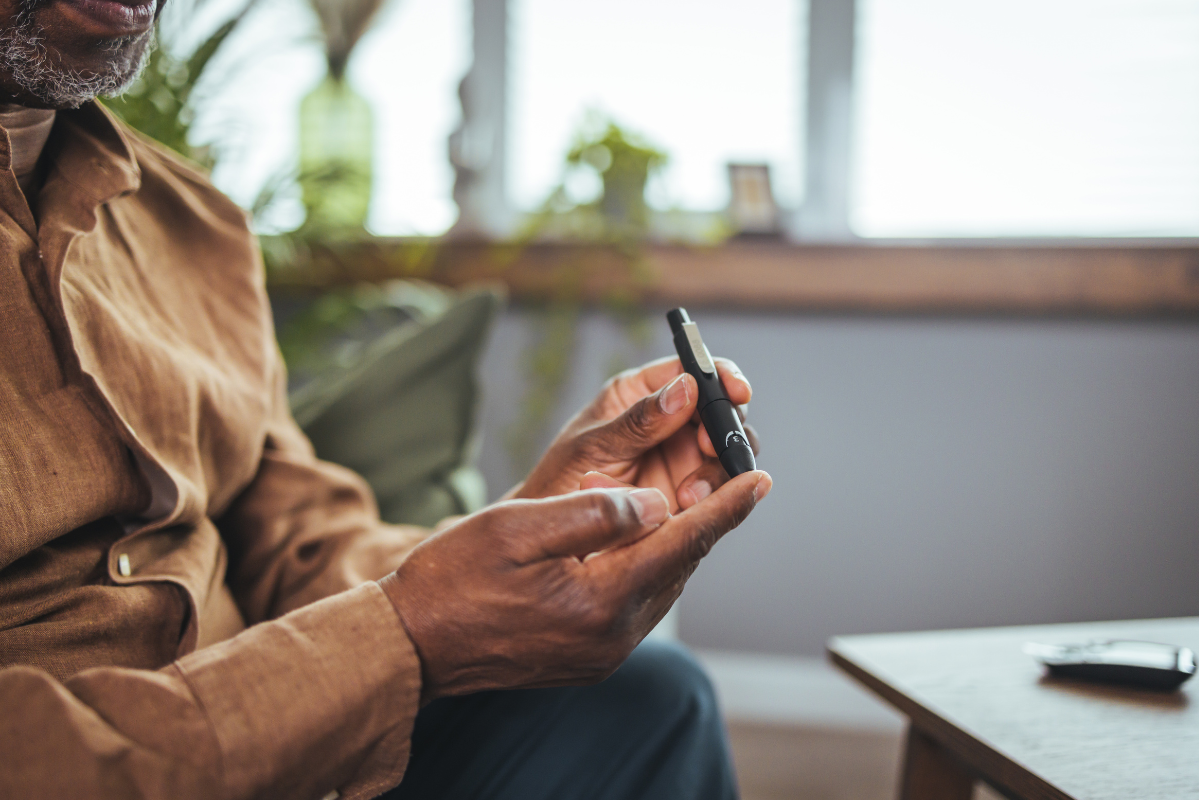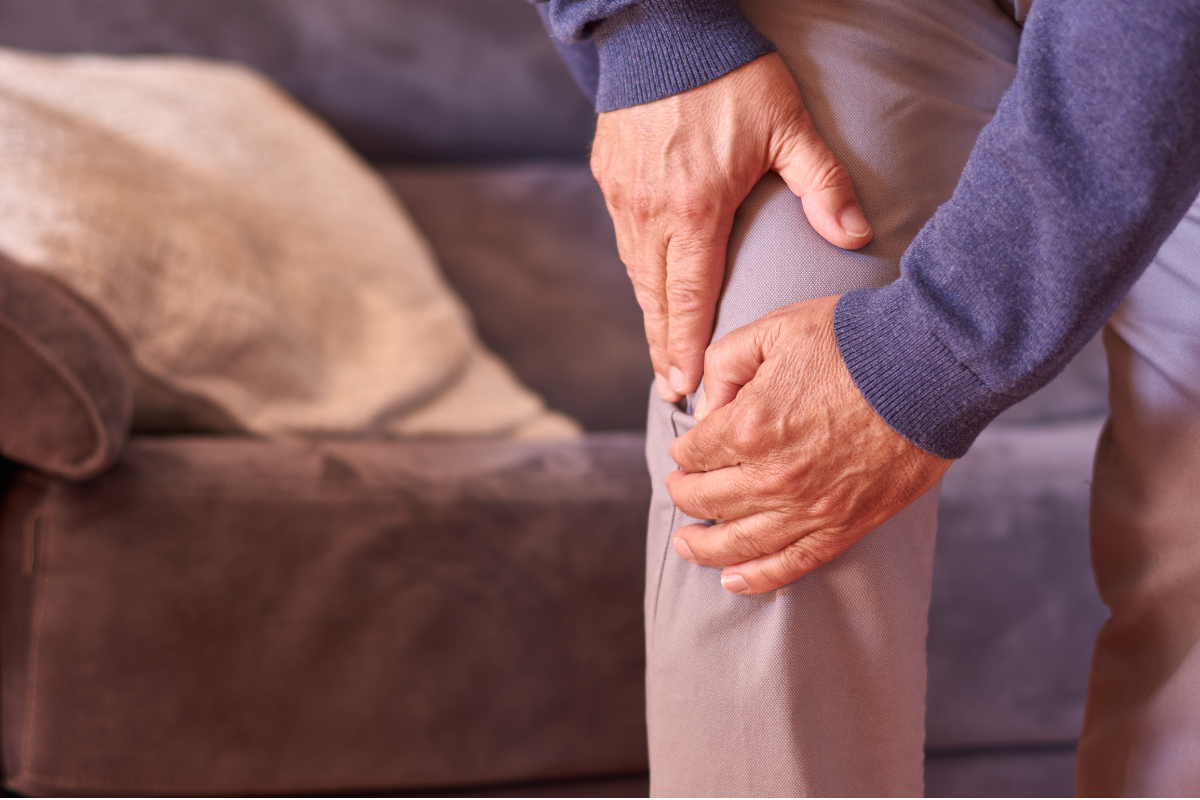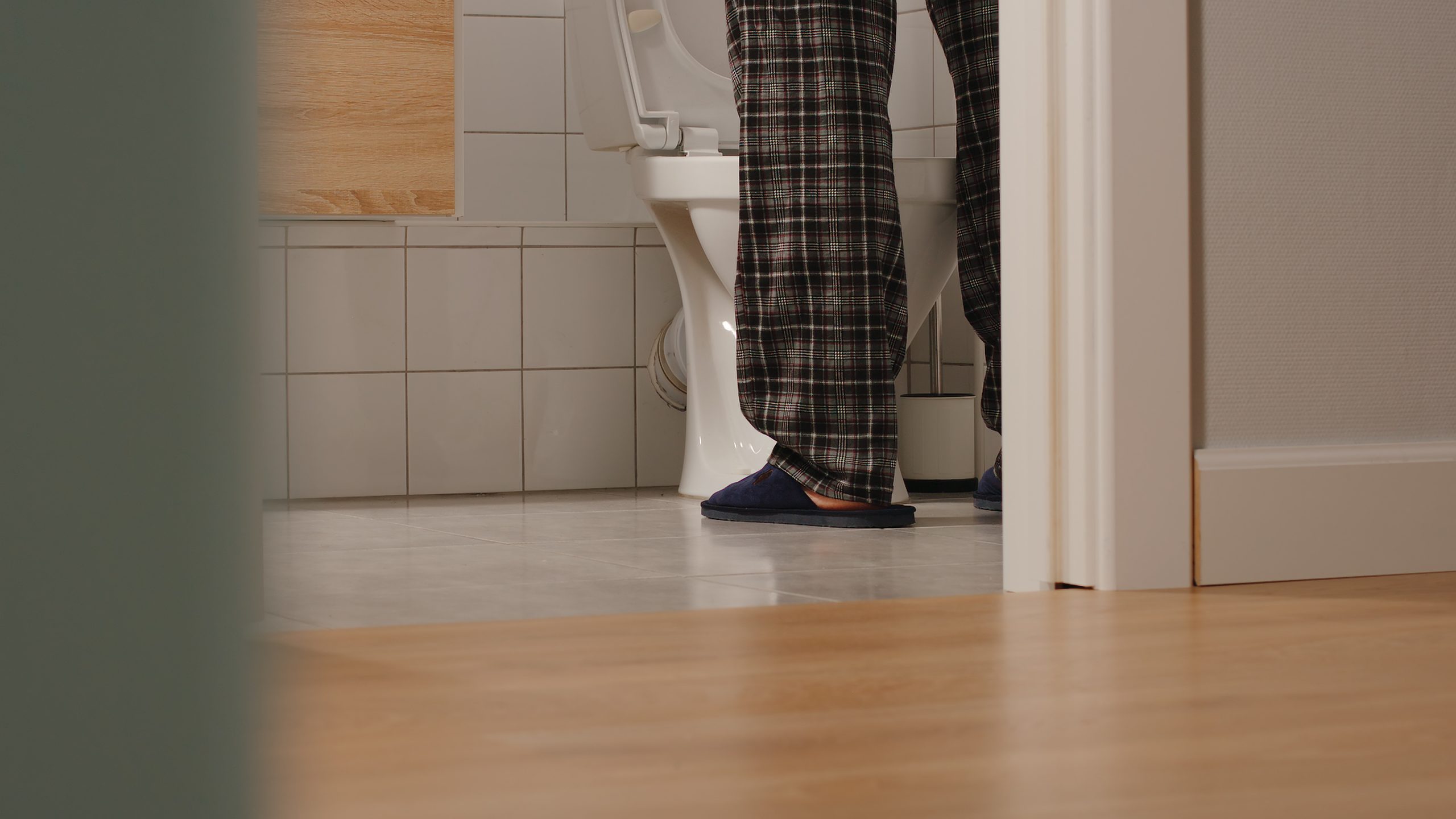Side effects
Blog
Our series of blog posts
Our blogs are written by health professionals who have expertise in the field of prostate and prostate cancer. You can therefore be assured that the information provided is precise and accurate. The many topics covered are intended to help people better understand the effects of the disease, treatment options and how to improve their quality of life.

I am a little bit diabetic
My doctor informed me that I am a little bit diabetic and that I will have to make important changes to my lifestyle.

Caring for your bones in 5 points
Nicknamed “the silent thief” due to the absence of symptoms, osteoporosis is often only detected at a more advanced stage following a fracture.

Why a health check?
The short answer to this question is to assess your health. This is the starting point for a health check. Could we be in the presence of potential undetected diseases?

Will the effects of hormone therapy disappear?
Hormone therapy is used to prevent your body from secreting or using testosterone. But what about the side effects of hormone therapy?

Taking care of your penis
It goes without saying that after radical surgery following a diagnosis of prostate cancer, taking care of your penis will be important.

Why am I urinating my semen
If you are wondering why you urinate your semen, the answer is that you have what is called retrograde ejaculation.


